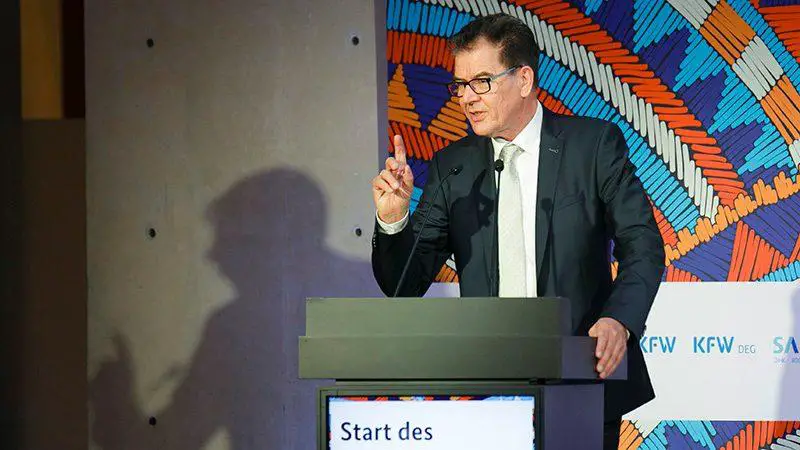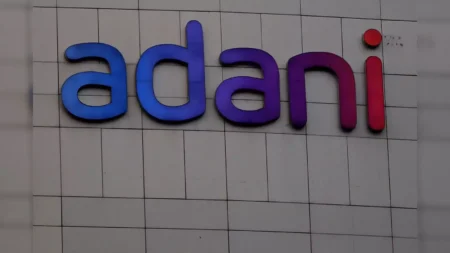Africa trade and investment cooperation,
To drive Africa’s development, available workforce, access to markets and transport, investment and business climate, energy and technological infrastructure have been cited as key factors set to boost the continent.
Africa trade and investment cooperation,
This statement was said by Günter Nooke, the Africa Envoy to German Chancellor Angela Merkel during the “Investment and Trade for Africa’s Economic Development” public webinar co-hosted by the Germany-Africa Business Forum (GABF), Africa Oil & Power and the African Energy Chamber.
The German-African cooperation-focused webinar aims to show opportunities for sustainable Foreign Direct Investment (FDI) between Germany and Africa.
Also Read: Uganda’s trade deficit and exports in 2020
It is the second instalment of the German-African cooperation-focused webinar series which are under the theme of investment and trade for African economic development.
The panel comprised of NJ Ayuk, Executive Chairman of the African Energy Chamber, and Rene Awambeng, the Global Head Client Relationship at the African Export-Import Bank (Afreximbank).
The African Export-Import Bank announced its plans to sign a Memorandum of Understanding with Volkswagen, German car manufacturers to establish an automotive industry in Africa which will, in turn, create an African-driven automobile manufacturing strategy.

“We are looking to create a holistic approach to automotive manufacturing. Our goal is to build an entire value chain, with the support of Germany and Europe, in order to be able to design, build, and market cars across Africa.” Said Rene Awambeng.
NJ Ayuk called for a change in the perception of risk associated with investing in Africa in a bid to drive investor engagement in a variety of sectors.
Also Read: How African air transport sector can bounce back
“We need to create an enabling environment for banks, financial institutions and investors to perceive Africa as a safe and profitable destination. Rwanda paved the way and we have seen outstanding results. We have an obligation to make the change.” Said Ayuk.
He urged the Europeans nations, such as Germany, to focus on investment rather than aid adding that aid is welcome in periods of crisis, but it must not be the standard for sustainable, long-term business.
“Huge amounts of capital are available across the continent in all forms: equity, bank debt, development financial institutions, sovereign funds, among others. All we are missing are the people to make the transition happen,” said Awambeng.
Germany which has a number of active projects in Africa played a major role in securing a $300 million facility from the United Nations Economic Commission for Africa. The funds will be used to create jobs, revive economies in a post-COVID-19 environment and encourage investment reforms to boost FDI.











